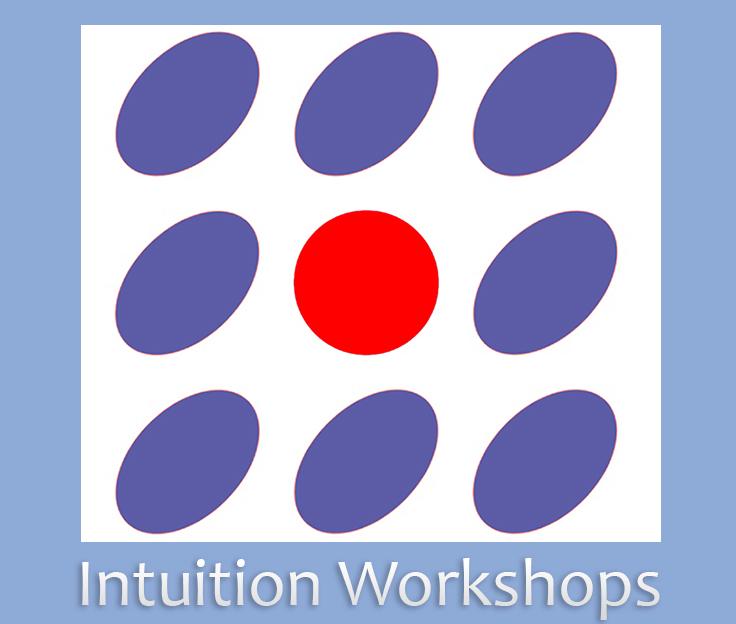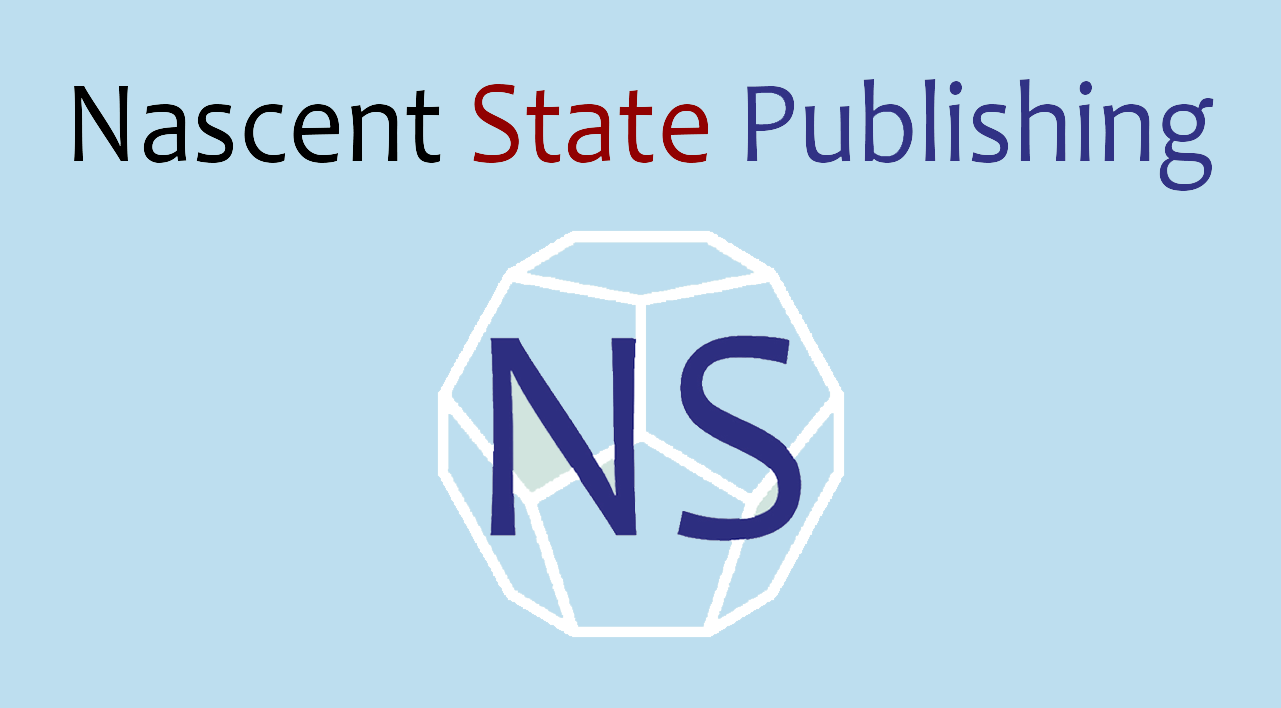
The red dot does not lean left.
The above graphic does not deceive; it merely draws our attention to the way a context can affect our perception. If we are starving, plain bread can seem like a feast. If we are in solitary confinement, a prison guard can seem like a friend. Everything has a context, but we are not normally aware of this in life.
Creating the right context, or ‘narrative’, plays an important part in politics, propaganda and public relations. Edward Bernays, the father of public relations, called this the ‘group mind’. The ‘group mind’ is the reason why crowds appeared outside Buckingham palace in August 1914 to cheer the declaration of the First World War.
Because contexts are not obvious, seeing them is intuitive.
We pay little attention to our intuition, and so it remains on the level of what Henri Bergson called a ‘refined instinct’. Because of this, when we begin to see the context effect, particularly when it is employed in politics or the media, gut-feeling can too quickly become mixed with suspicion, accusation and even anger. The alternative – ignoring our intuition – means we may end up cheering the next war.
The emergence of social media means that efforts to influence the group mind have led to the use of bots, trolls, cyborgs and deep fakes. It is for this reason that the development of good intuition is now more essential than ever.
I am in the process of setting up Intuition Workshops here in Bath. For those who are interested in learning about intuition and its methods, the workshops may be of interest. The link below provides more details:
